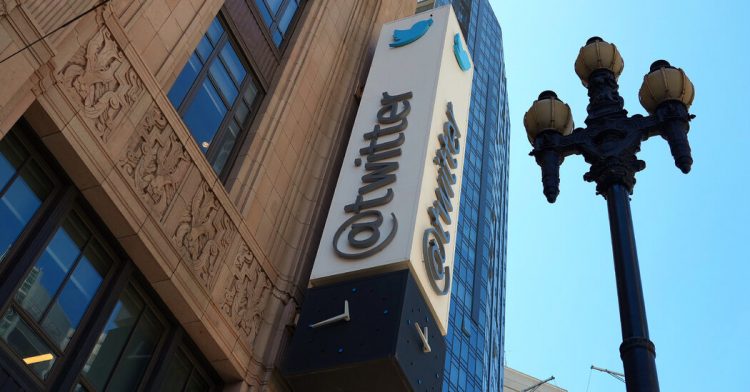Twitter, embroiled in a grueling legal fight with Elon Musk as he tries to back out of a $44 billion acquisition of the company, revealed on Friday what could be even deeper problems facing its business as it struggles to be a destination for advertisers and generate a profit.
The social media company reported revenue of $1.18 billion for the second quarter, down 1 percent from a year earlier. That is a far cry from the 20 percent pace of growth that it once predicted for the year. As costs and expenses grew, the company reported a net loss of $270 million, a major swing downward compared with a profit of $66 million in the same quarter last year.
Financial analysts had expected about $1.3 billion in revenue. Twitter’s stock price fell more than 2 percent in premarket trading.
The company said it had 237.8 million daily active users who saw ads, up nearly 17 percent from a year earlier.
The lackluster earnings report could fuel Mr. Musk’s desire to end his deal to buy Twitter. Mr. Musk, who also leads the electric carmaker Tesla, agreed to buy Twitter in April and said he would take it private. He privately told investors that he could quintuple the company’s revenue by 2028 and expand it to 931 million users that same year.
Read More About Elon Musk and Twitter
But as the stock market teetered, pulling down shares of Tesla — which is his main source of wealth — Mr. Musk made increasingly barbed comments about Twitter. This month, he moved to terminate the deal. Twitter has since sued him to complete the purchase, and a five-day trial to adjudicate the matter is scheduled for October in Delaware Chancery Court.
“Twitter now has an acquirer who no longer wants it, it has a C.E.O. and a board who want to get rid of it, and an employee base who is caught in the middle,” said Mike Proulx, a research director at Forrester. “None of this is good for Twitter.”
In its earnings statement, Twitter attributed the disappointing results to “advertising industry headwinds associated with the macroenvironment as well as uncertainty related to the pending acquisition of Twitter by an affiliate of Elon Musk.”
In recent months, Twitter and other social media companies have confronted a gloomy advertising market. Fears about an economic downturn and the war in Ukraine have tamped down ad spending, which social media firms rely on for most of their revenue. On Thursday, Snap, the maker of Snapchat, reported its slowest-ever rate of quarterly growth and a wider loss, causing its shares to plunge 26 percent in after-hours trading.
Twitter faces additional worries from advertisers about the potential takeover by Mr. Musk, who has said he hates advertising and wants to relax Twitter’s content moderation policies, which have prevented ads from appearing alongside objectionable content.
Still, investors who believe a court will force Mr. Musk to buy Twitter at his proposed price of $54.20 per share, which will make him the company’s owner, see little reason to worry about economic headwinds.
“The funny thing is, earnings sort of don’t matter,” said Rich Greenfield, a co-founder of LightShed Partners, a research firm. “At the end of the day, if they sell the company at $54.20, it’s Elon’s problem, not the market’s problem.”
Investors will be concerned about Twitter’s revenue only if the deal collapses and the company’s business fundamentals regain their importance, Mr. Greenfield added. “If the deal fully falls apart, we know the stock would go down,” he said. “But the question is, ‘How much?’”
Mr. Musk has also accused Twitter of misleading investors and undercounting the inauthentic accounts on its platform. The company has said that those accounts make up fewer than 5 percent of the active users on its platform and that it uses experts to audit its count. Twitter reiterated this figure in Friday’s filing.
As its battle with Mr. Musk unfolds, Twitter has tried to avoid the spotlight. For the second quarter in a row, the company declined to hold an earnings call with Wall Street analysts, dodging the uncomfortable questions about Mr. Musk’s impact on the business that may have been raised.
“The company is exceedingly quiet,” Mr. Greenfield said. “It’s been months since any investors had any conversations with the company.”
Mr. Musk also faces business concerns at Tesla. The carmaker reported on Wednesday that its quarterly profit had fallen because of supply chain delays and the price of Bitcoin, which the company had invested in.
Source by www.nytimes.com






























